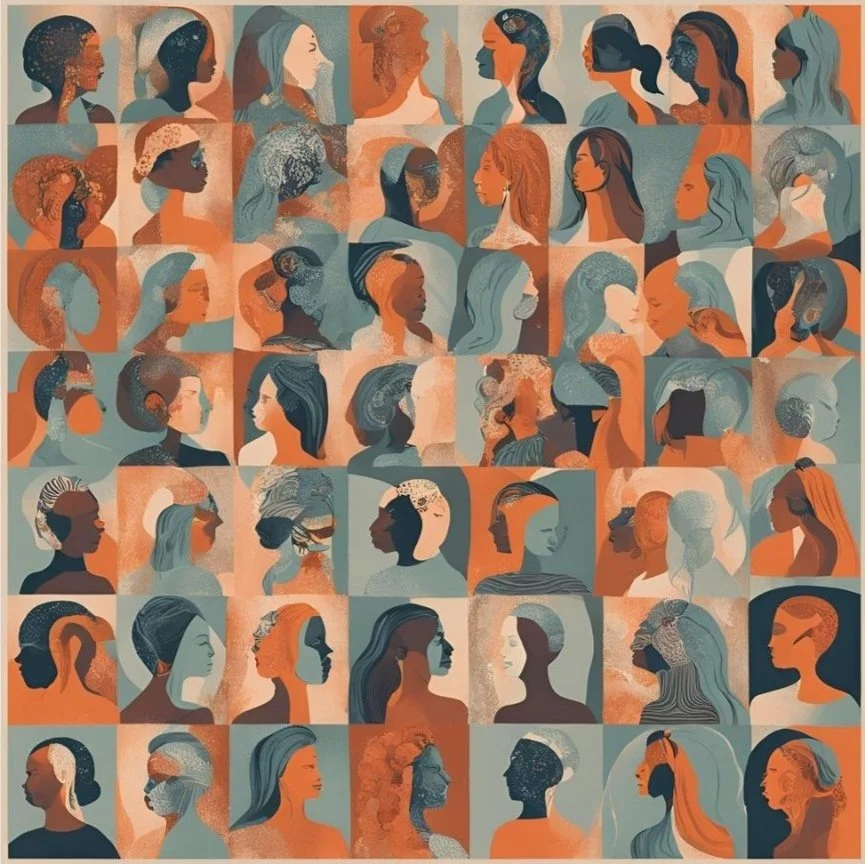Rethinking Mental Illness: An Evolutionary Perspective
Nearly one billion people around the world live with a mental health disorder. From anxiety and depression to bipolar disorder and schizophrenia, these conditions often carry a stigma and are viewed through a narrow biomedical lens. But what if we’ve been looking at them all wrong?
Rather than labeling mental illness solely as dysfunction, evolutionary psychiatry offers a different lens—one that sees these conditions as part of our species’ survival story. In fact, many traits associated with mental disorders may have once been advantageous.
From Survival Mechanisms to Modern Mismatches
Anxiety, for example, may have evolved to heighten our ancestors’ vigilance in dangerous environments. Depression, too, may have once served an adaptive purpose—helping conserve energy during times of scarcity or prompting social support during hardship. These traits, though burdensome today, may have had evolutionary value in the past.
Other disorders reflect what scientists call “evolutionary trade-offs.” The creativity and abstract thinking seen in some people with schizophrenia might once have fostered innovation. Bipolar traits like sociability and risk-taking may have offered reproductive advantages. It’s not about glorifying suffering, but about understanding how such traits persist in the human population.
The Cost of Modern Life
Of course, our modern environment is vastly different from the one we evolved in. Traits that were once helpful—like hyper-alertness—can become overwhelming in our overstimulated, high-stress world. We live more isolated lives, eat differently, move less, and face chronic stressors our ancestors never encountered. This disconnect, or “evolutionary mismatch,” helps explain the rise in mental health issues today.
Genes, Culture, and the Bigger Picture
Genes matter—but they’re not destiny. Environmental factors like trauma, poverty, and isolation can activate genetic predispositions. Cross-cultural research also shows that mental illness doesn’t look the same everywhere. By considering both biological and cultural contexts, evolutionary psychiatry provides a more holistic framework for care.
Shifting the Narrative
It’s time to reframe how we think about mental health—not just as pathology, but as part of our shared human journey. By understanding the evolutionary roots of these conditions, we not only gain insight into their persistence, but also pave the way for better, more compassionate treatment.
Want to dig deeper?
You can download the full academic paper, "Evolutionary Perspectives on Mental Health Disorders", for free here and explore how anthropology, psychiatry, and evolutionary science come together to change the way we understand the human mind.
